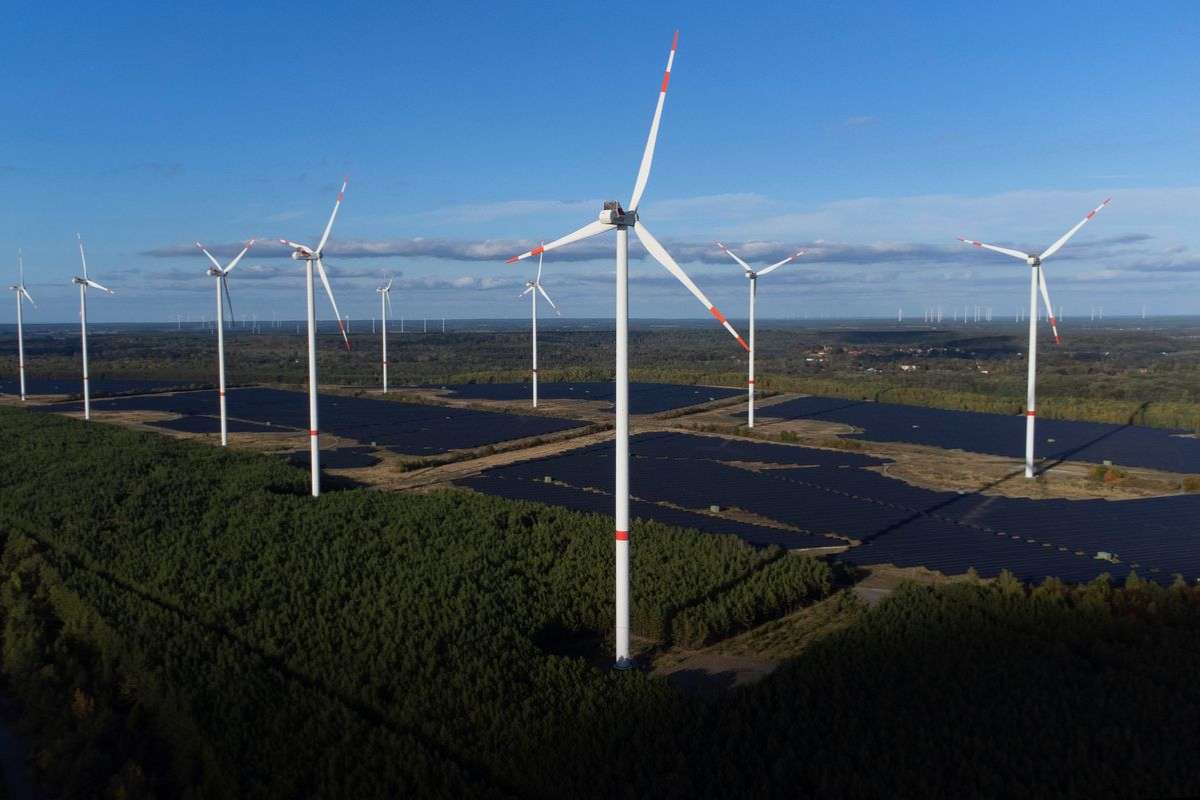Court Rejects Renewable Energy Producers’ Appeal
Germany’s top court, the Federal Constitutional Court, has dismissed a case brought by renewable energy producers challenging the government’s 2022 decision to use their so-called “excess profits” to subsidize electricity price caps. The court ruled on Thursday, stating that the measure, implemented in response to an unprecedented energy crisis, adhered to constitutional principles.
The case was initiated by 22 renewable energy operators, including wind, solar, and biomass producers, who argued that the financial burden of mitigating the energy crisis should have been shouldered by the state through taxation rather than targeting their earnings. The complainants asserted that their operations did not contribute to soaring electricity prices, as they operate with minimal fossil fuel dependency. Despite these arguments, Germany’s top court sided with the government, emphasizing the exceptional circumstances created by the energy crisis following Russia’s invasion of Ukraine.
Windfall Profits Funneled to Cap Energy Costs
The controversial measure, introduced in December 2022, sought to address skyrocketing energy prices that were severely impacting households and businesses. Between December 2022 and June 2023, the government used the additional profits generated by some electricity producers to partially fund an “electricity price brake.” This mechanism was designed to cap the cost of a portion of energy consumed by households and companies, providing significant financial relief during a period of market instability.
The structure of the electricity market, where gas prices heavily influence overall energy costs, led to disproportionately high profits for producers with lower operating costs, such as those relying on renewable energy. This unintended financial windfall became a key resource for offsetting the high energy prices. The measure was part of a broader relief package aimed at mitigating the economic fallout of surging gas prices and ensuring energy affordability for citizens and businesses alike.
Government Defends Exceptional Measures
The German government argued that the utilization of windfall profits was a necessary response to the unique challenges posed by the energy crisis. By tapping into these unexpected revenues, the state was able to implement a balanced approach to financial relief without increasing public debt or imposing new taxes.
While renewable energy producers expressed disappointment with the ruling, Germany’s top court’s decision underscores the balance between safeguarding constitutional principles and addressing urgent national crises. It also highlights the tension between market dynamics and state interventions during periods of economic and geopolitical upheaval.
The decision sets a precedent for how governments might navigate similar challenges in the future, particularly as the energy sector continues its transition towards renewable sources. For now, the ruling reaffirms the legitimacy of using extraordinary measures to stabilize markets and protect consumers during times of crisis.
Catch the latest updates at Oil Gas Energy Magazine












